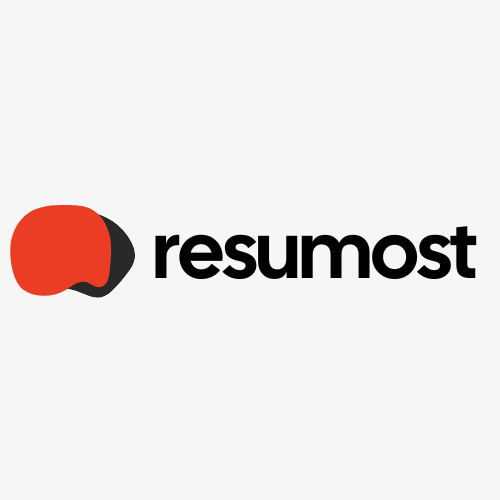How to Land Your First Job
Feeling stuck in the "need experience to get experience" loop? This guide breaks down five actionable steps to help you land your first job, from crafting a standout resume to acing the interview.
1. Build Your "Experience" Portfolio (Even Without a Job)
The single biggest mistake first-time job seekers make is thinking "experience" only comes from a 9-to-5 job. It’s time to broaden your definition. Hiring managers look for evidence that you can do the work, and that evidence can come from many places.
- Volunteer or Intern: Non-profits, local organizations, and even small startups are often looking for enthusiastic people. This is a fantastic way to learn industry-specific skills, understand a professional environment, and add a meaningful entry to your resume.
- Pursue Personal Projects: Are you an aspiring writer? Start a blog. A future programmer? Build a simple app or contribute to an open-source project. A budding marketer? Help a local shop with their social media. These projects demonstrate initiative, passion, and tangible skills.
- Take Online Courses: Platforms like Coursera, Udemy, and LinkedIn Learning offer certifications in everything from data analysis to graphic design. Completing a relevant course shows employers that you are proactive about your own development.
2. Craft a Skills-First Resume
When you don't have a long list of previous employers, your resume needs a different strategy. Instead of a chronological history, lead with your abilities. This is often called a "functional" or "hybrid" resume format.
Focus on your transferable skills—abilities that are valuable in any job. These include:
- Communication: From class presentations to customer service in a part-time retail job.
- Problem-Solving: Mention a time you navigated a complex university project or resolved a team conflict.
- Teamwork: Highlight experience in sports teams, group academic projects, or volunteer committees.
- Technical Skills: List any software, programming languages, or tools you know.
Staring at a blank page can be intimidating. If you're struggling to organize your skills and projects into a compelling narrative, using a professional resume builder can be a game-changer. Tools like resumost.com help you structure your abilities in a way that catches a recruiter's eye, even without a traditional work history.
3. Network Like a Human, Not a Robot
The word "networking" can sound cold and corporate, but it’s really just about building relationships. People hire people they know, like, and trust.
- Leverage LinkedIn: Create a professional profile. Connect with people in industries that interest you, follow companies you admire, and engage with relevant posts.
- Attend Career Fairs: These events are designed for you! Come prepared with questions and a quick, confident introduction about who you are and what you're looking for.
- Conduct Informational Interviews: Reach out to someone in a role you find interesting and ask for 15 minutes of their time to learn about their career path. Most people are happy to share their story and offer advice. It’s a low-pressure way to get your name on someone’s radar.
4. Master the Art of the Interview
Congratulations, your resume and networking paid off—you’ve landed an interview! Now is your chance to bring your potential to life. Preparation is everything.
Do Your Homework
Research the company’s mission, values, recent projects, and culture. Understand what the role entails beyond the job description. This allows you to tailor your answers and show genuine interest.
Prepare Your Stories
Interviewers love to ask behavioral questions like, "Tell me about a time when..." Be ready with concise stories using the STAR method:
- Situation: Briefly describe the context.
- Task: Explain what you needed to accomplish.
- Action: Detail the specific steps you took.
- Result: Share the positive outcome of your actions.
Have Questions Ready
An interview is a two-way street. Asking thoughtful questions about the team, the challenges of the role, or company culture shows you are engaged and serious about the opportunity.
5. Think Broadly and Stay Flexible
Your first job doesn't have to be your "dream job." In fact, it probably won't be, and that's perfectly okay. Think of your first role not as the final destination, but as the on-ramp to your career highway.
Be open to:
- Contract or temporary roles: These are excellent ways to get your foot in the door and gain experience.
- Smaller companies: A startup might give you more responsibility and learning opportunities than a massive corporation.
- "Stepping stone" jobs: A role in customer support can be a path to sales or marketing. An administrative position can teach you how a business truly operates.
Every job teaches you something. Embrace the opportunity to learn, build your skills, and make professional connections. The perfect job will come later—for now, focus on getting a great start.
© 2026 Resumost.
We love that you're reading our work! Please note that this content is our own. If you'd like to share or re-post it, please reach out to us for permission first. Unauthorized scraping of this site is not permitted.

The Resumost Team
Resumost instantly creates a compelling, professional letter based on your newly tailored resume and the specific job you're targeting.